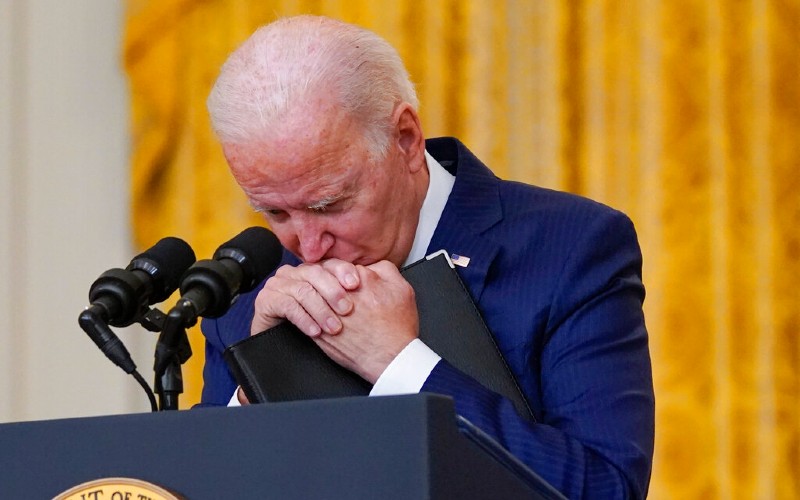Israel's right to defend itself against Hamas results in fundraising campaigns for the terrorist organization, so holding them to account has become a necessity – particularly when funds can be diverted for nefarious activity.
Following the conflict between Israel and Hamas earlier this year, Palestinians committed to rebuilding Gaza in the wake of a barrage of airstrikes and artillery from Israel. Unfortunately for the Palestinian people, Hamas – a foreign terrorist organization – has been the de facto authority in Gaza since 2005, following an Israeli withdrawal from the territory. Thus, fundraising efforts to repair and rebuild Gaza raise an important question: Who benefits – the Palestinian people or Hamas?
American Family News spoke to Raymond Orzel, an expert in counterterrorism with a specialization in terrorism finance. He is currently a senior fellow with the Center for Security Policy.

"Hamas was going out of their way to raise money through donors following the spring conflict," he observes. As an example, he points to a story published in August by WELT, a German news agency.
Orzel explains that the story highlighted the little-known fact that Hamas has an investment portfolio valued at hundreds of millions of dollars. Having once served as the inaugural director and executive co-chair of the Terrorist Financing Targeting Center*, he put his open-source intelligence (OSINT) gathering skills to work, confirming what was published in the WELT article.
Two corporate officers named Hisham Y. Qafisheh and Saleh Mabrouk O. Mangoush are part of the Turkish-based investment company Trend GYO A.S. In the WELT piece, Orzel points out, the two officers were recognized as Hamas affiliates. Glancing at Trend GYO A.S. financial statements, Orzel confirms, the investment company appears to be Hamas' primary investment vehicle.
"Donors need to do some due diligence to take a closer look at Hamas and its funding to determine what they are doing with the huge investment portfolio that they have," advises the terror finance investigator. He then emphasizes that the Palestinian people of Gaza should demand accountability, asking "who are the beneficiaries of the investment portfolio?"
According to Orzel, Hamas purposely hides among mosques, schools, and other residential structures.
"They do that with the intent that if they get bombed and a building gets destroyed, they can basically use propaganda to say the attack was against the innocent people of Gaza," he explains – thus enabling Hamas to prey on the sympathies of donors and, thereby, increase the success of their fundraising efforts.
Orzel says there is a tremendous need for accountability, not only from a donor perspective but also for the leadership of Hamas in Gaza.
"In the past, it has been alleged that money supposedly earmarked for the benefit of the people of Gaza for rebuilding efforts has actually lined the pockets of Hamas leadership," he notes.
He contends that some of the financial support for social programs or redevelopment could have easily been diverted for other nefarious activities like building more tunnels or purchasing arms and armaments.
"Under international business laws, [when] anyone … misuses funds – whether a nonprofit entity or for-profit corporation – and diverts funds like this, it is actually illegal," Orzel states.
"The time has come, as it's long overdue, for Hamas to be held to the same international standards that are imposed and are in place worldwide in all commerce and business circles," he concludes.
* The Terrorist Financing Targeting Center is an initiative that was launched by President Donald Trump in 2017 and co-chaired by the United States and Saudi Arabia.







